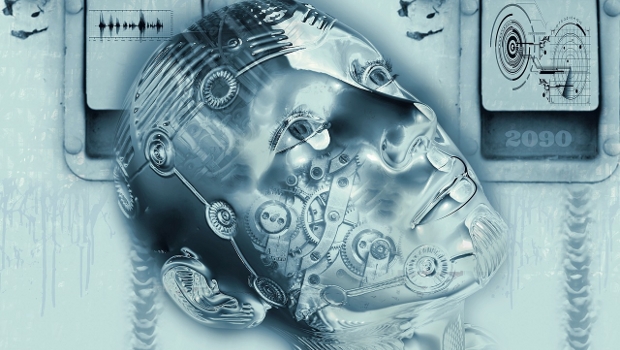
ICS: 87% of Irish people would share personal data to solve Covid-19
Research shows that 87% of Irish people would share their personal data and medical records if it helped to solve a global pandemic like Covid-19. This number rose to 93% amongst those aged 18 to 24 and the over 55s.
The research was undertaken for the Irish Computer Society by iReach as part of Tech Week 2020.
Of the survey’s 1,000 participants, 84% think technology can help to beat the coronavirus outbreak. This increased to 92% in the 18 to 24 cohort and 90% in males.
A further 83% of Irish people think technology will change the way we work after the Covid-19 crisis.
It also found that 60% of respondents would be open to an implantable device or chip if it made medical conditions easier to manage and enhanced day-to-day life.
Still, 78% do not trust social media in spreading awareness about Covid-19 prevention. This figure drops to 55% for those aged between 18 and 24.
“As the pandemic spreads further, it has become clear that personal data will play an essential role in understanding the virus and ultimately containing it,” said Jim Friars, CEO of the Irish Computer Society.
“Our survey indicates that the vast majority of people are happy for medical researchers, practitioners, and public health officials to collect and analyse their personal data in a bid to better track the virus, learn more about how it spreads, and predict its movements.”
Friars added that location data could be used to track Covid-19. “Potentially, this data could now be used to track and accelerate a cure for Covid-19,” he said.
“With this data available intelligent machine learning algorithms could identify trends that human experts can miss, then raise insights and recommendations for professionals to review and validate. The process could ultimately speed up detection in the case of Covid-19.”
China, Singapore and South Korea have already implemented a combination of location data, video camera footage and credit card information to track Covid-19. While this presents opportunities, Friars noted that it raises questions on data ownership, access and privacy.
“Concerns have already been raised by privacy activists about the use of temporary ‘symptom tracker’ applications used in the fight against the outbreak. Any personal data collected should be protected to the maximum extent of the law, anonymised as much as possible and disclosed only to health authorities, and not under any circumstances shared with other authorities without explicit consent.”
TechCentral Reporters







Subscribers 0
Fans 0
Followers 0
Followers